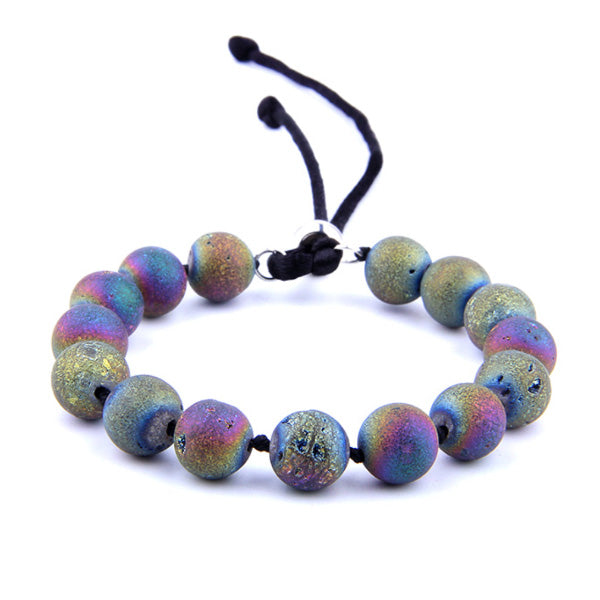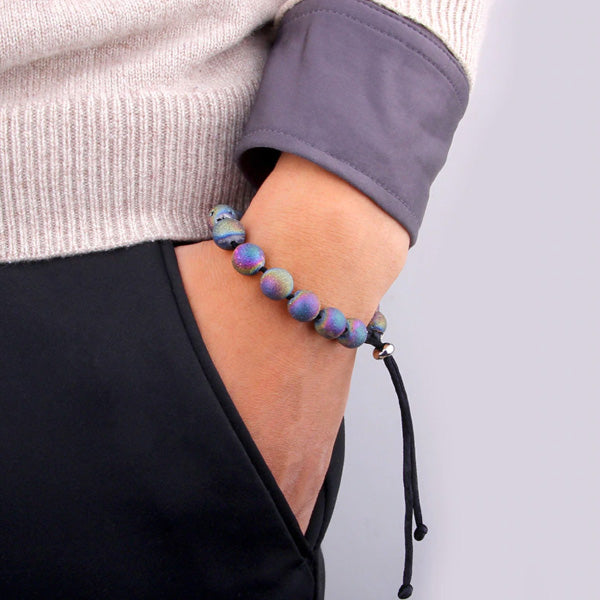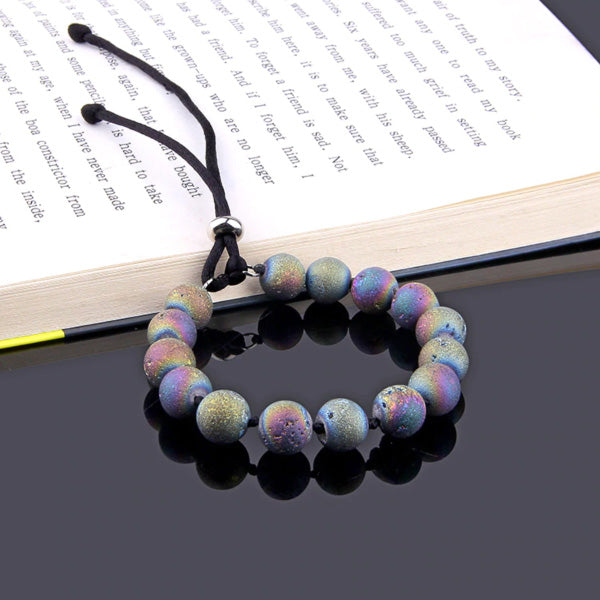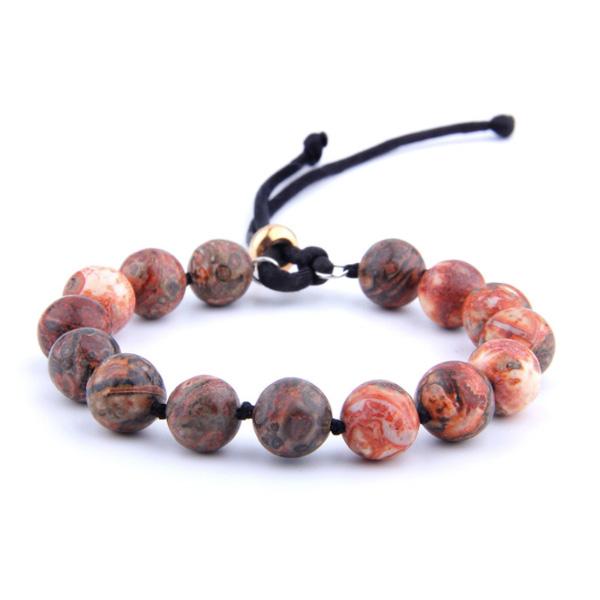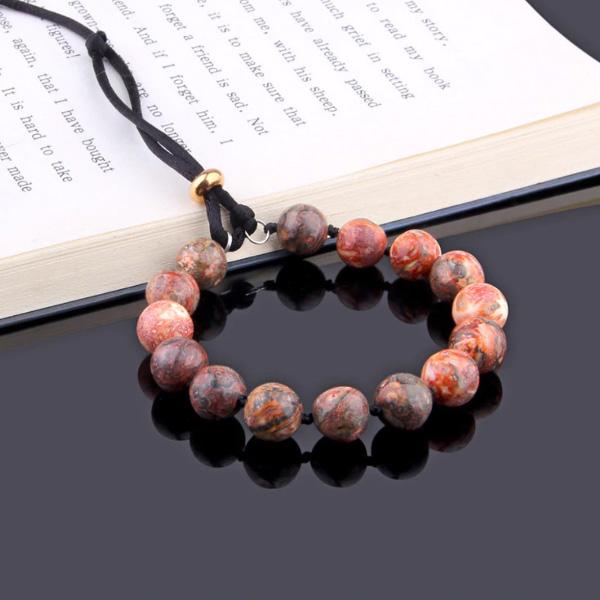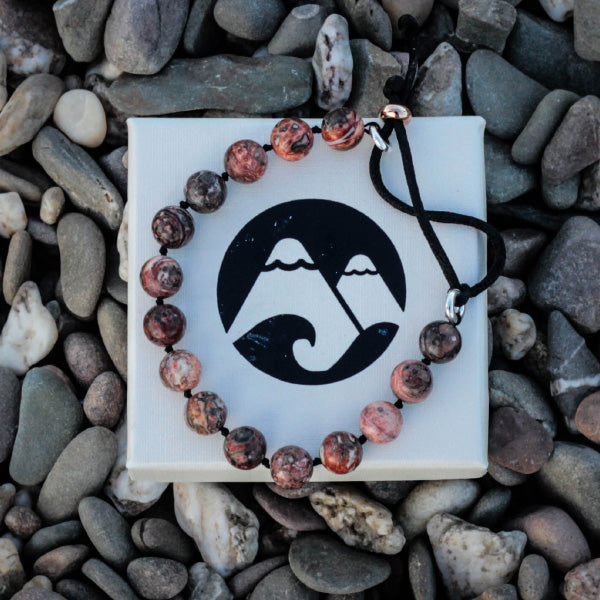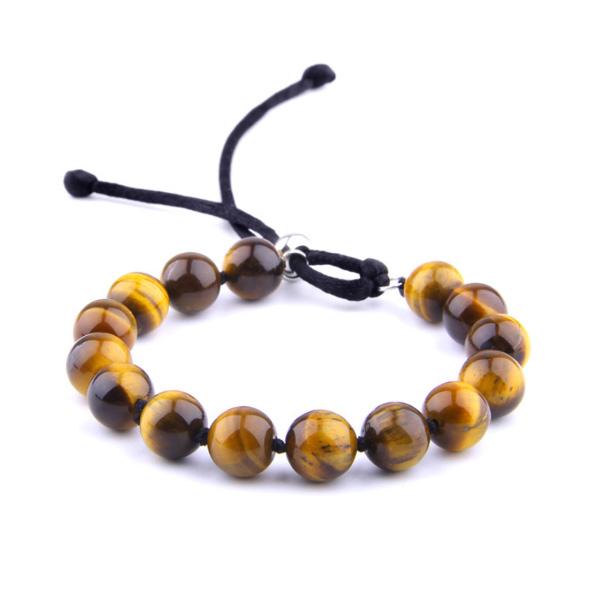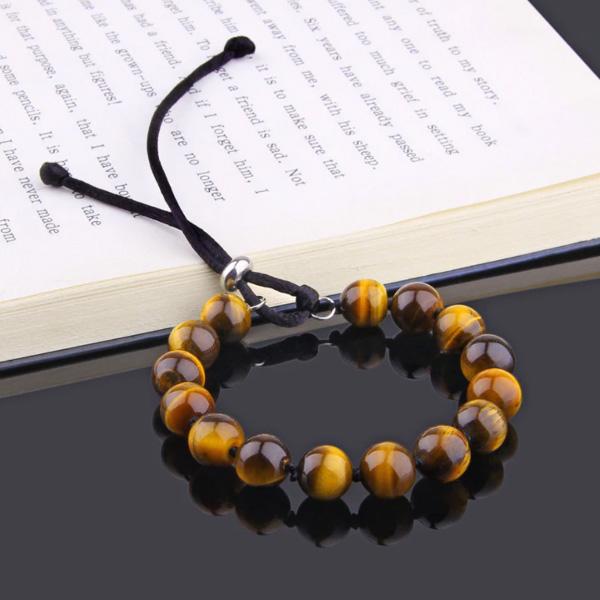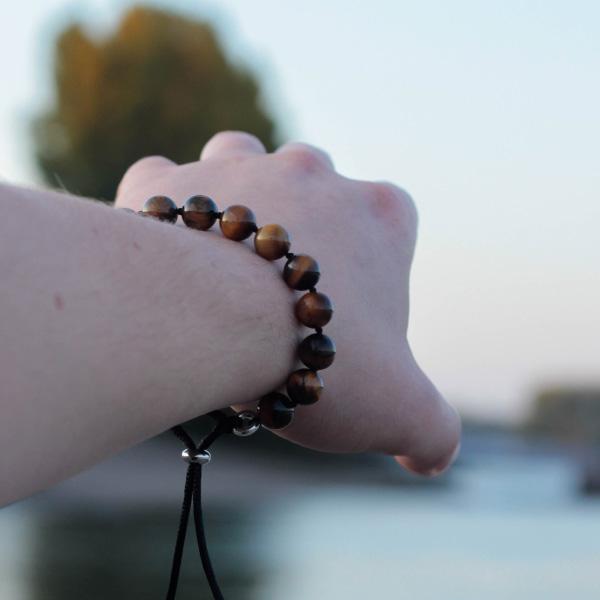Crucial Reasons Against Plastic Bottles
Drinking water from plastic bottles is exceptionally convenient because there are bottles in all sizes and they are effortless to carry along, to quickly quench your thirst on the go. But they also carry some risks.
After all, plastic is a real polluter, burdened nature for far too long and therefore reason number 1 against plastic bottles of mineral water. Consequently, environmentalists are now calling for a reduction in the consumption of plastic bottles. The production effort and burden on our environment is out of proportion to the single-use of plastics bottles.

Which substances can get into the water?
Plastic is also not good for your health. For years, experts have been warning that plasticizers dissolve in plastic bottles and get into the supposedly clean drinking water. Microplastics and other harmful substances in water are a significant problem, and reason number 2 against plastic bottles. Researchers found that microplastics are particularly detectable in PET bottles. Besides, however, other substances such as estrogenic substances are always found in the water. Added to this is reason number 3: the taste of the water. If it tastes musty, it can be due to the bottling or the fact that the water reacts with the plastic bottle itself and forms substances such as acetaldehyde that change the taste.
Furthermore, residues of pesticides, sweeteners or cleaning agents in the mineral water are regularly found, which get into the water by human hands. Even if the plastic bottle is not necessarily the cause of the contamination, this is an argument against it. It is striking that the substances found are mostly found in water from plastic bottles. In the case of water from glass bottles or tap water, these cannot be demonstrated or can hardly be described. This finding shows that the use of water from plastic bottles is clearly associated with risk, and it is, therefore, advisable to avoid it. Tap water is the best-controlled food, so its consumption is a good alternative.
Is water from the plastic bottle harmful to health?
Manufacturers often argue that they should not sell plastic bottle mineral water if it is harmful to their health. However, this statement only calms down to a limited extent, because at the same time, they admit that parts of the bottle can come loose and plastic can get into the drinking water. Researchers give the all-clear that the concentration of plastic particles in the water is too low to be hazardous to health, but positive statements can only be made after decades. The long-term effects are probably only then apparent. In addition to the known ones, it is assumed that there are other undesirable substances in the water. These pose an incalculable risk to health until researchers have deciphered all of their components.
Besides the negative effects on our health, there are even more aspects to consider. Starting by our environment, leaving plastic bottles behind is a great opportunity for a brighter future.
The impact on our environment
Even without being an "environmental polluter", plastic components get into the atmosphere. For example, polyester clothing in the washing machine loses small fibres that end up in the sewage treatment plants in rivers and lakes without being filtered through the sewage. A study from last year's International Union for Conservation of Nature estimates that synthetic clothing makes 35% of microplastics in the sea, with another 28% coming from tire wear in cities.
About 2% comes from the cosmetics sector, such as shower gel and creams. Ultimately, microplastic drifts around in the water like fine sand, which micro-organisms in particular absorb. So these particles get into the food chain, at the end of which no one less than man stands. The recycled plastic bottle ends up on the table again: this time as a main course on the plate.
Are plastic bottles toxic?
Manufacturers often argue that they should not sell plastic bottled mineral water if it were harmful to health. But this statement calms down only conditionally because at the same time they admit that parts of the bottle can come loose and thus actually plastic can get into the drinking water. Although researchers give the all-clear that the concentration of plastic particles in the water is too low to be hazardous to health, however, accurate statements can only be made after decades.
The long-term effects are probably only then apparent. Beyond the known ones, you can suspect other unwanted substances in the water. These represent an incalculable risk to health until researchers have decrypted them in all its components.
George Kent using his own 64oz nalgene bottle instead of the single use plastic bottles provided at the impeachment hearing today. from r/ZeroWaste
Plastic bottles pollute the environment
There's no question about it: plastic bottles are a major burden on the environment, both in their production and in their disposal. Most plastic bottles do not end up in recycling, but simply in the trash. And it takes hundreds of years for plastic bottles to crumble.
Happy 🌎 Oceans day! 142lbs of plastic bottles off the beach! from r/DeTrashed
As a rule, this also applies to those bottles that the manufacturers describe as biodegradable. Each plastic bottle purchased therefore represents an additional burden on the environment and pollutes it a little more. The environmentally friendly alternative: glass bottles.
PET bottles don't keep drinks fresh for long
Another disadvantage of plastic bottles compared to glass bottles is that plastic bottles are not completely gas-tight. For this reason, carbon dioxide can escape from them, which means that various drinks often taste stale and stale after a relatively short time. In addition, oxygen can also penetrate plastic bottles and cause the contents to spoil.
For example, drinks in plastic bottles only stay fresh about half as long as those in glass bottles. The following applies: the smaller the plastic bottle, the shorter the content stays fresh. For this reason, many drinks are only offered in PET bottles with a content of more than one litre.
Leave a comment
Comments will be approved before showing up.
